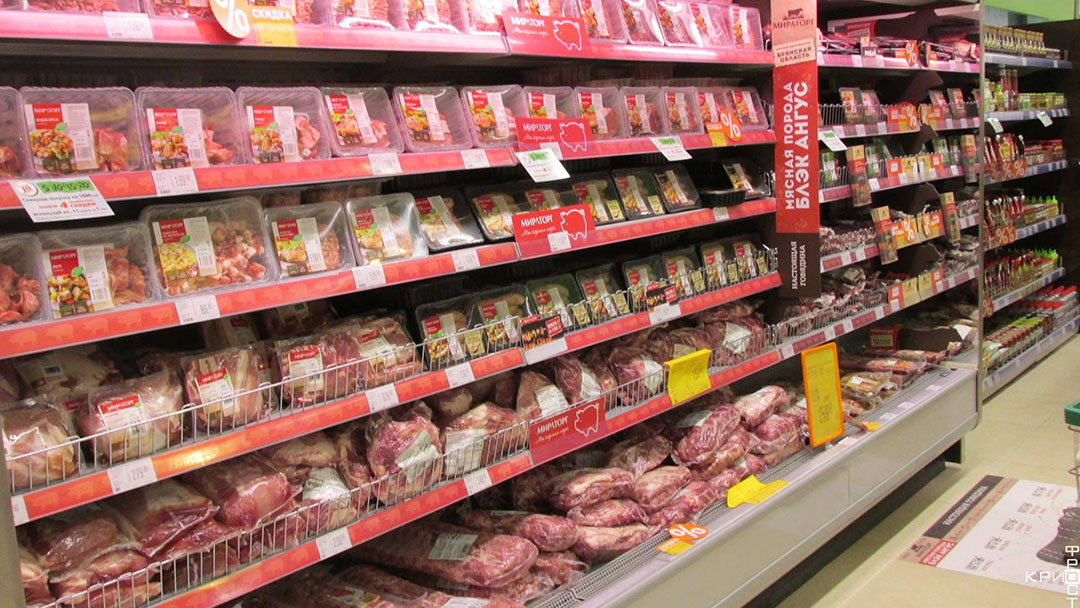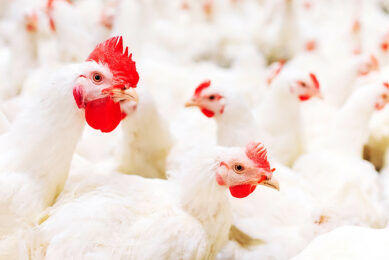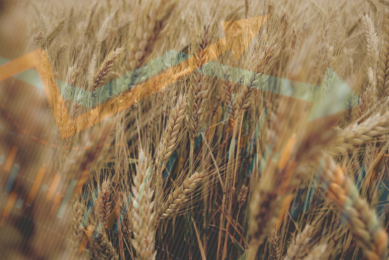Russian feed additives market shaken by government policy

Russia may experience a 20% hike in domestic meat prices as the federal government wants to charge up to Rub7 billion (US$120 million) from feed additives importers for the products that crossed the border over the past three years, the Russia’s Agricultural Ministry said.
Over the past few years, 20 – 25% of feed additives in Russia have been imported under the so-called preferential tax regime. This means that importers paid 10% VAT instead of a basic 18%, taking advantage of a government regulation that allowed companies to pay lower taxes on specific products in the food and feed industries.
In the first quarter of 2019, Russian Finance Ministry and Federal Customs Service, however, ruled that in the feed industry importers were in fact not eligible to use that tax regime before 1 April 2019. This meant that they had to pay all the taxes for the previous 3 years in full. For importers this would mean a financial nightmare as they were obliged to pay millions retroactively.
Preferential tax regime
Since 2016, 166 companies in Russia used the preferential tax regime when importing feed additives, local think tank RNC Pharma estimated. Many of these companies are operating not only as importers, but also as distributors of feed, premixes and some feed additives of Russian origin and so an obligation to pay some additional taxes may negatively impact their financial health and hamper the entire feed industry, RNC Pharma said.
Ilya Trunin, Russia’s deputy finance minister, explained that there was a legal uncertainty over the tax regime that feed additives importers had to comply with. In 2019, this uncertainty was liquidated as the government officially allowed importing feed additives using the preferential tax regime. Yet, the taxes undercharged for the previous years, when the legal gap existed, must be paid.
Stimulate replacements of imports
By charging the additional payments on VAT, Russian government would not achieve the declared goal, which is to stimulate import-replacement on the domestic feed additives market, said Airat Hairulin, deputy chairman of State Duma, lower chamber of the Russian government. The proposed measure would fill the federal budget with some additional money, but this would come out of the taxpayers’ pockets, he added.
To give an impetus for the import-replacement of feed additives it is not enough to simply increase some taxes, Mr Hairulin said, adding that some comprehensive programme in that area was required, similar to the one that the Russian government embarked on in the automotive industry, where the authorities offer a substantial state aid under all localisation projects, including to non-Russian companies.
Complete dependence
Currently, when it comes to feed additives there are virtually no products manufactured in Russia that would be similar to the imported ones, according to Mr Hairulin.
Russia has an import dependence on 90% of feed additives, Russia’s National Feed Union (NFU) said in an open letter filed to Russian president Vladimir Putin in late June 2019, in which the business organisation asked to not subject importers with the additional charges. The high dependence on imports was the reason why no feed additives have been included into the food embargo – the government regulation that barred the way to the Russian market for most food products from countries including the USA, the European Union, Australia and Canada.
Russia produces only 1 out of 14 feed vitamins, 2 out of 8 amino acids, and 2 out of 8 basic minerals, estimated Sergey Mikhnyuk, director of the NFU. Moreover, even on those products that are being manufactured in Russia, the country has strong dependence. For example, on lysine and methionine the dependence is estimated to be around 75% and 50%, respectively.
In Russia, feed accounts for 55 – 70% of production costs of meat, poultry and dairy products, while feed additives alone account for 10%, Russian Union of Feed Producers estimated. The import-dependence on feed additives and breeding stock are believed to be the main reasons why meat prices in Russia on some extent were following the ups and downs in the exchange rate of the Russian ruble.
Over recent years, Russia has seen a rapid increase in the consumption of feed additives. The pig industry alone consumes 160,000 to 170,000 tonnes of feed additives per year, the Russian Union of Pork Producers estimated. The overall value of sales of feed additives in the country could be close to Rub200 billion ($3.1 billion).











